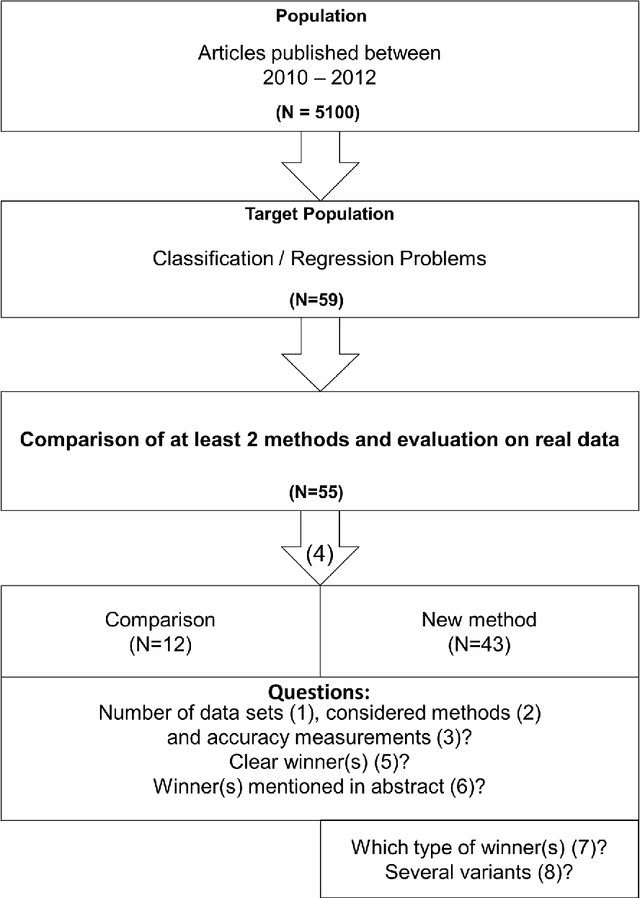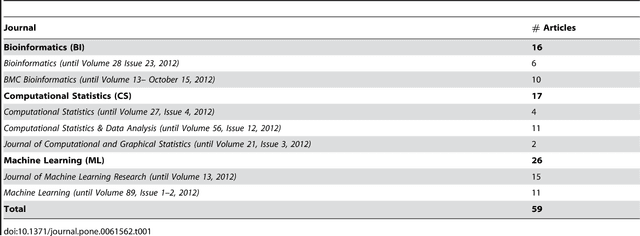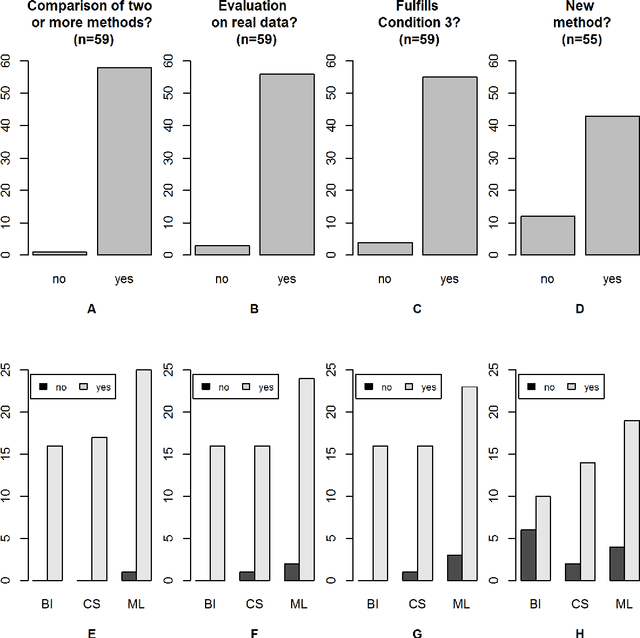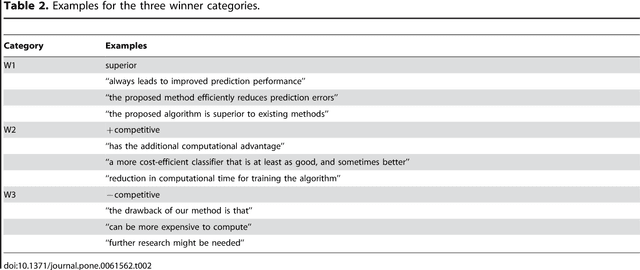Manuel J. A. Eugster
Natural brain-information interfaces: Recommending information by relevance inferred from human brain signals
Jul 12, 2016



Abstract:Finding relevant information from large document collections such as the World Wide Web is a common task in our daily lives. Estimation of a user's interest or search intention is necessary to recommend and retrieve relevant information from these collections. We introduce a brain-information interface used for recommending information by relevance inferred directly from brain signals. In experiments, participants were asked to read Wikipedia documents about a selection of topics while their EEG was recorded. Based on the prediction of word relevance, the individual's search intent was modeled and successfully used for retrieving new, relevant documents from the whole English Wikipedia corpus. The results show that the users' interests towards digital content can be modeled from the brain signals evoked by reading. The introduced brain-relevance paradigm enables the recommendation of information without any explicit user interaction, and may be applied across diverse information-intensive applications.
Probabilistic Archetypal Analysis
Apr 07, 2014



Abstract:Archetypal analysis represents a set of observations as convex combinations of pure patterns, or archetypes. The original geometric formulation of finding archetypes by approximating the convex hull of the observations assumes them to be real valued. This, unfortunately, is not compatible with many practical situations. In this paper we revisit archetypal analysis from the basic principles, and propose a probabilistic framework that accommodates other observation types such as integers, binary, and probability vectors. We corroborate the proposed methodology with convincing real-world applications on finding archetypal winter tourists based on binary survey data, archetypal disaster-affected countries based on disaster count data, and document archetypes based on term-frequency data. We also present an appropriate visualization tool to summarize archetypal analysis solution better.
A Plea for Neutral Comparison Studies in Computational Sciences
Aug 13, 2012



Abstract:In a context where most published articles are devoted to the development of "new methods", comparison studies are generally appreciated by readers but surprisingly given poor consideration by many scientific journals. In connection with recent articles on over-optimism and epistemology published in Bioinformatics, this letter stresses the importance of neutral comparison studies for the objective evaluation of existing methods and the establishment of standards by drawing parallels with clinical research.
 Add to Chrome
Add to Chrome Add to Firefox
Add to Firefox Add to Edge
Add to Edge